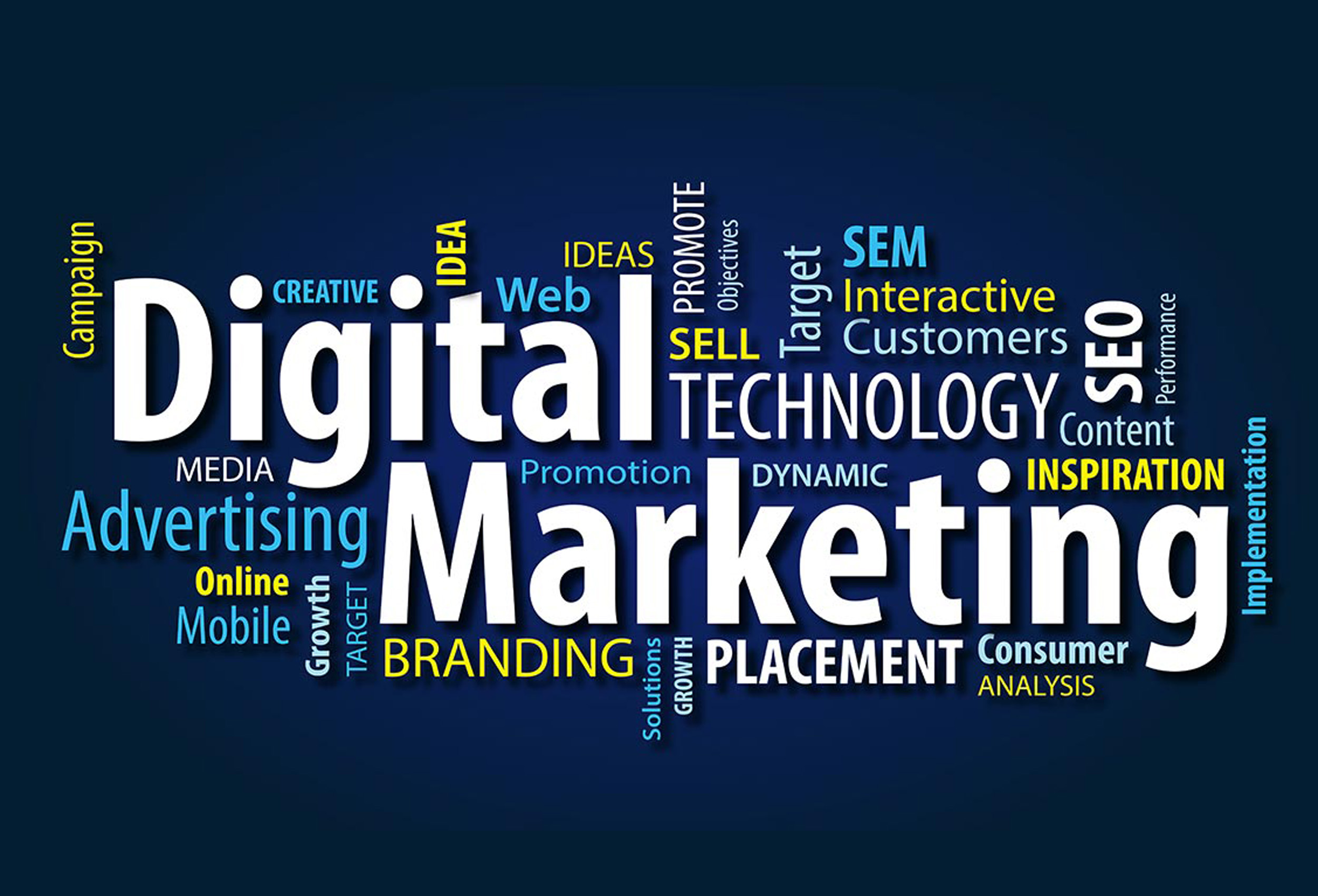Gone are the days when AI was a concept relegated to sci-fi flicks. It’s now the lynchpin reshaping the very essence of digital marketing—a realm perpetually evolving. This transformation can be daunting in its scope, so this strategic exploration is aimed at business leaders and marketing professionals poised to harness the full potential of AI.
From predictive analytics to personalised customer experiences, AI isn’t just another trendy acronym; it’s a bona fide game-changer. By weaving AI into your digital marketing strategy, you’re not just keeping abreast of the competition; you’re leaping ahead, steering the narrative of consumer engagement and brand performance. Here’s our comprehensive roadmap to utilise AI effectively in your digital marketing endeavours.
Unravelling AI’s Role in Digital Marketing
Understanding AI’s multifaceted role in digital marketing is akin to deciphering a complex algorithm. The layers are myriad, and the benefits, if leveraged astutely, are unparalleled. At its core, AI empowers marketers with data-driven insights that fuel every aspect of a digital marketing campaign.
Enhanced Data Analytics
With AI, data analytics transcends mere number-crunching. It’s about gleaning predictive and prescriptive insights that can forecast consumer trends and optimise marketing strategies in real-time.
AI-driven tools can track and analyse consumer behaviour, identifying patterns that individual manual analysis would surely miss. These insights pave the way for hyper-targeted campaigns that have a significantly higher success rate.
Personalisation at Scale
Personalisation has become the Holy Grail of digital marketing, and AI is the magic potion that makes this scalable. Leveraging AI algorithms allows for the crafting of individualised experiences for a wide customer base, greatly enhancing engagement and ROI.
By examining a user’s past behaviour and preferences, AI can tailor content, recommendations, and promotions on the fly, ensuring that each touchpoint resonates with the customer on a personal level.
Content Creation and Curation
Traditional content strategies could only go so far in keeping up with the voracious appetites of digital audiences. AI steps in, generating and curating content at unprecedented speeds and scales, not to mention with significant depth.
AI-powered content tools can churn out personalised blog posts, fine-tune ad creatives, and even engage in email marketing with bespoke content that maintains a consistent brand voice across platforms.
Search Engine Optimisation
SEO is the bedrock of any successful digital marketing initiative. AI offers a formidable set of tools that not only optimise content for search engines but also predict and adapt to their evolving algorithms.
Machine learning models can interpret search trends, suggest keywords, and even understand the intent behind search queries to ensure that your content surfaces on the first page of search engine results.
AI’s Impact on Customer Insights and Behaviour
Understanding the ‘why’ behind consumer behaviour is an age-old quest. With AI, we’re gradually decoding the puzzle. It provides the context and the nuances that transform raw data into a tapestry of actionable insights.
Sentiment Analysis
AI-driven sentiment analysis tools can scan social media, reviews, and other platforms to gauge how your audience feels about your brand and your competitors.
They can also inform crisis management and guide communication strategies by flagging emerging issues and tonal shifts in consumer sentiment. Digital marketing recruiters will be hiring for roles that encompass AI uses and solutions as development of the technology enhances.
Pathway Mapping
The customer’s path to purchase has become increasingly complex, involving multiple devices and touchpoints. AI can map this convoluted pathway, revealing the most productive routes and the proverbial ‘bumps’ that might disrupt the flow of conversion.
Pathway mapping helps in shaping a more coherent, effective customer journey by localising the messaging and optimising the experience at each touchpoint.
Consumer Predictive Modelling
The ability to predict consumer behaviour before it happens is the gold standard of marketing intelligence. With AI, it’s more than just feasible; it’s becoming an industry norm.
By crunching data on past interactions, purchases, and other variables, predictive models can foresee what a customer is likely to do next, thus enabling proactive marketing interventions.
AI and Digital Advertising Innovation
The marriage of AI and digital advertising heralds a new era where ads transcend mere visual stimuli and impart value through engagement.
Programmatic Advertising
AI’s entry into programmatic advertising brings with it unprecedented efficiency and personalisation. Automated ad buying happens in real-time, precisely targeting and retargeting customers based on their behaviour.
This not only streamlines the ad buying process but also ensures that every advertising dollar is optimally spent, achieving a higher ROI.
Dynamic Pricing
In e-commerce, AI and dynamic pricing work wonders. By analysing demand, competitor pricing, and customer behaviour, AI can adjust prices dynamically to maximise profit without compromising sales volume.
The strategy adapts to various factors, like time of day, user location, or even the weather, ensuring that each visitor is presented with a price that’s compelling to them.
Chatbots and Conversational Marketing
The deployment of chatbots and conversational agents has redefined customer engagement. Powered by AI, these mechanisms can hold natural conversations, answer queries, and guide customers through the sales funnel, improving the overall customer experience.
Conversational marketing builds trust and brand affinity, leading to higher conversion rates and happier customers.
Overcoming the Challenges of AI Adoption
While the benefits of AI in digital marketing are salient, the challenges are equally noteworthy. Data privacy and the need for transparency in AI decision-making processes are of paramount concern.
Ethical Considerations
AI algorithms learn from human behaviour, and at times, that can mean inheriting biases. It’s crucial to ensure that AI applications do not perpetuate harmful stereotypes or practices.
A commitment to ethical AI means offering fair and transparent services that respect user privacy and choice.
Skill Gaps and Team Training
The successful integration of AI into digital marketing requires a workforce adept in both technology and marketing. Bridging the skill gap through training and restructuring teams is a critical hurdle.
Investing in continuous learning and creating a culture that values technological proficiency is a step in the right direction.
Choosing the Right AI Solutions
The AI market is teeming with solutions, and selecting the right fit for your business can be overwhelming. Thorough research and understanding your specific needs are crucial to making informed decisions.
Evaluate AI solutions based on their track record, scalability, and alignment with your business goals.
The Road Ahead
AI’s ascent in the digital marketing sphere is not a fleeting trend; it’s an unfolding journey of innovation and possibilities. To capitalise on this wave, businesses must be agile, informed, and strategic in their AI adoption.
The fusion of AI with digital marketing holds the promise of deeper consumer relationships, enhanced brand experiences, and unparalleled business growth. Embrace AI not as an addendum to your marketing toolkit but as its centrepiece, and watch your digital presence flourish.

